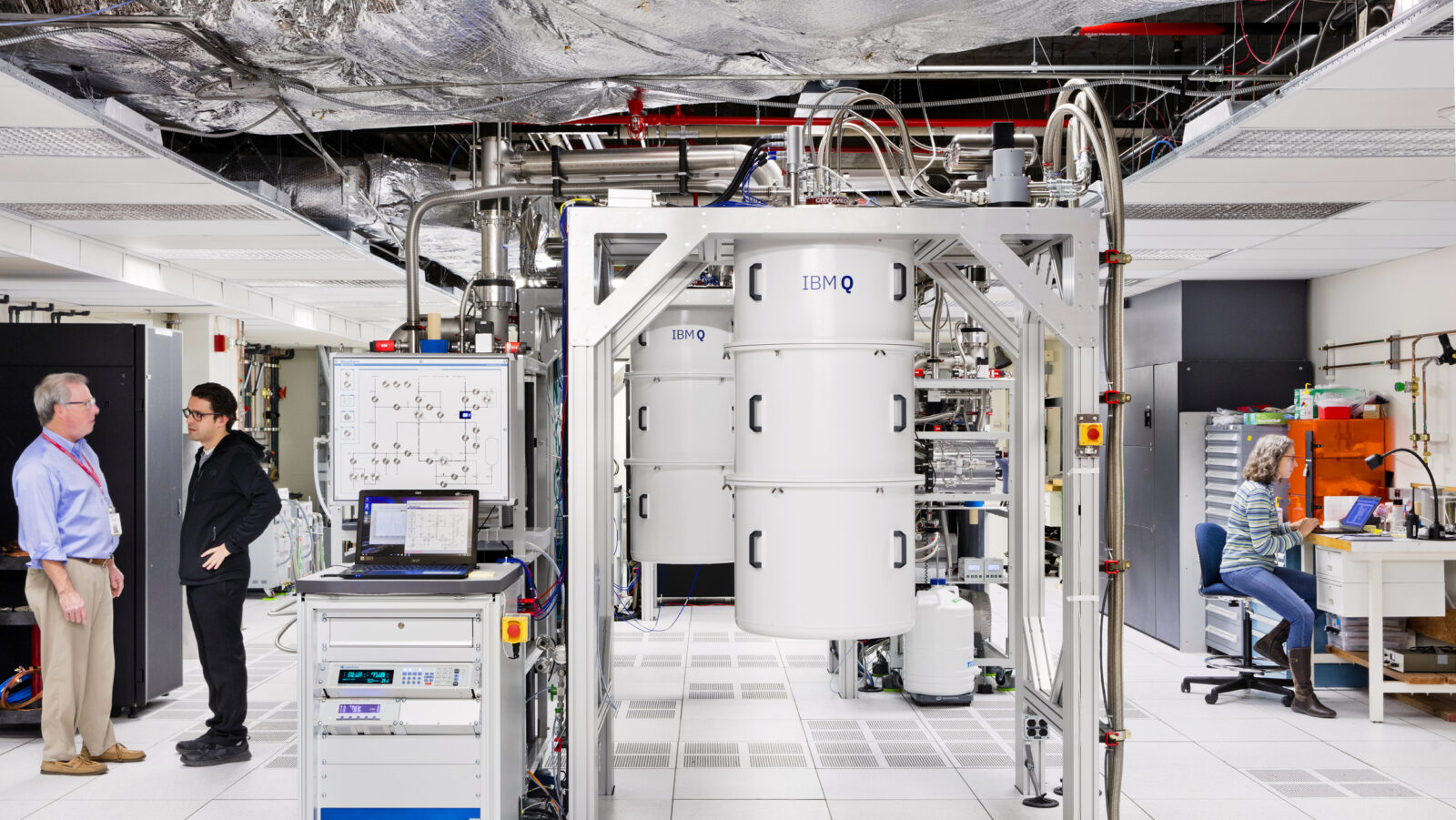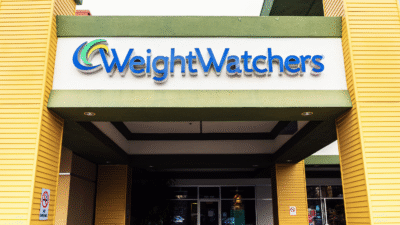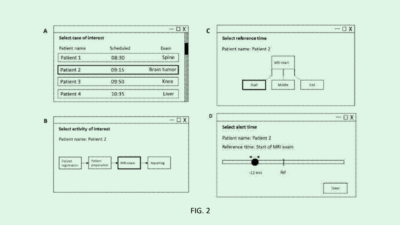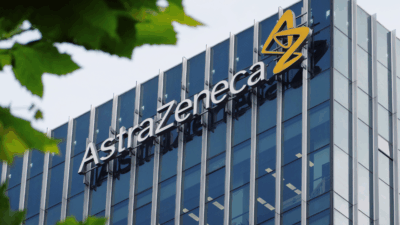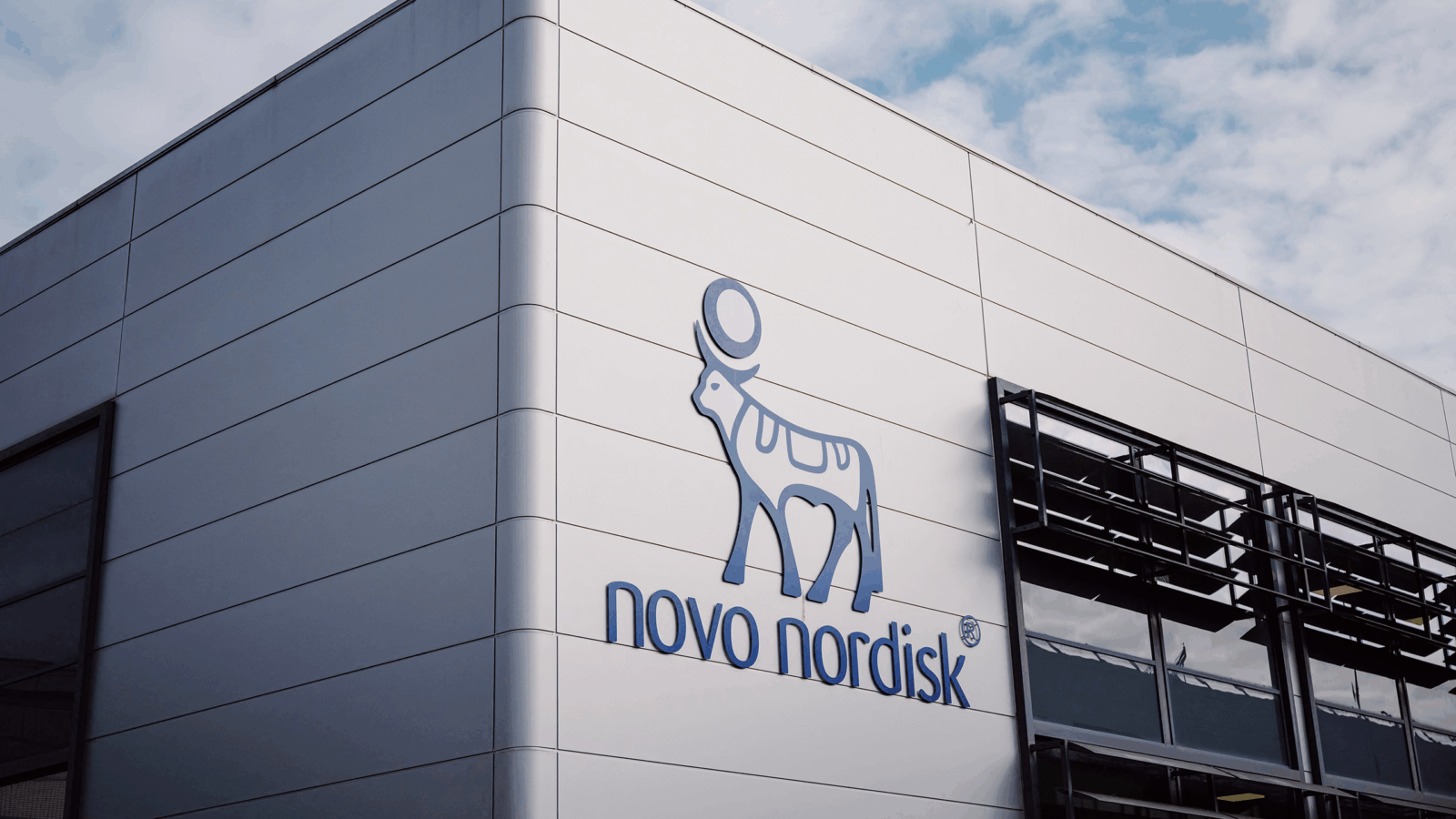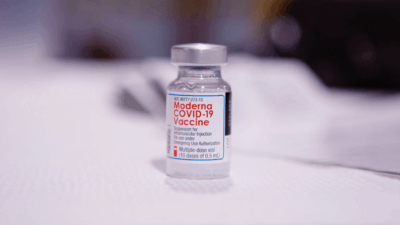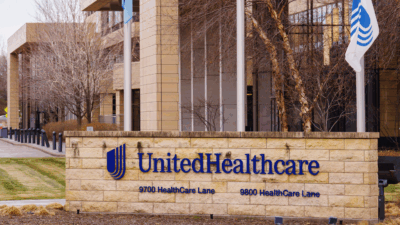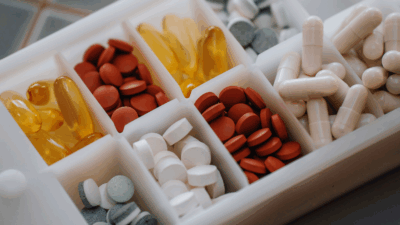Abbvie Shares Sink Following Two Poor Trials
Dissapointing results for two mid-stage trials strikes a blow in Abbvie’s expensive pipeline-via-M&A strategy.
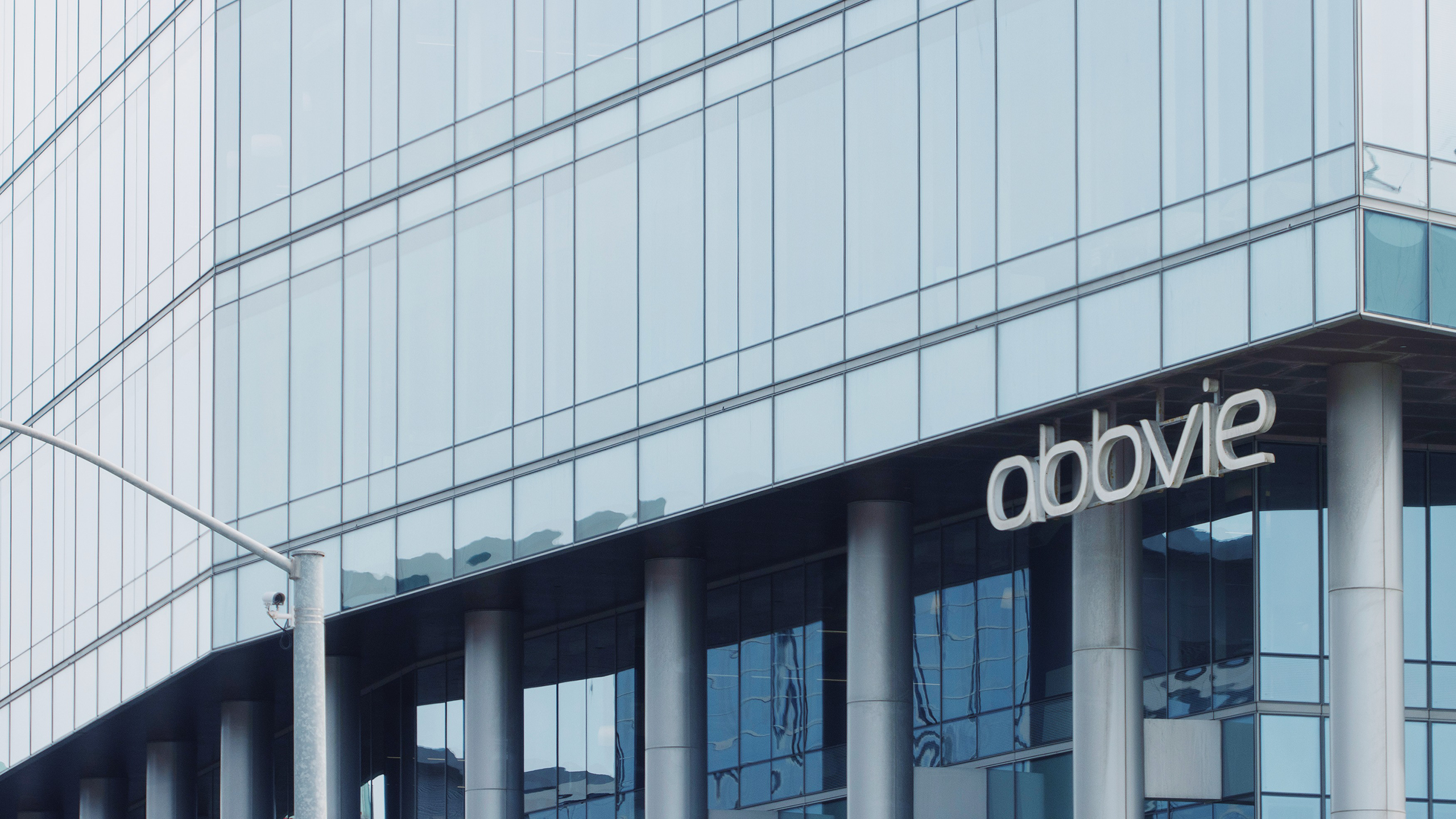
Sign up for smart news, insights, and analysis on the biggest financial stories of the day.
There’s a big ol’ leak in Abbvie’s drug development pipeline.
On Monday, the pharma giant announced that two mid-stage trials of a schizophrenia treatment — added through its $8.7 billion acquisition of Cerevel Therapeutics earlier this year — delivered disappointing results. It’s a blow to the company’s pipeline-via-M&A strategy.
Trial and Error
After long powering Abbvie’s sales, demand is waning for blockbuster anti-inflammatory drug Humira as generics enter the market. Last year, the first with generic competition, sales of Humira fell to $14.4 billion, down from a record $21.2 billion in 2022. Like most major biotech players, Abbvie eyed M&A as a major strategy to build out its pipeline and chart a future. And Cerevel Therapeutics, which had positive early testing results for emraclidine, its drug that aims to treat schizophrenia, seemed a perfect target.
Unfortunately for Abbvie, Monday’s results are making its Cerevel acquisition look more and more like an $8.7 billion mistake:
- Both study results released Monday showed no statistically significant difference between patients taking emraclidine and those on a placebo. Worse, patients receiving a higher dosage of the drug similarly showed no statistically significant difference.
- Following positive early stage results, Bloomberg Intelligence forecasted that emraclidine could generate $1.1 billion in annual sales starting in 2029. Now that prediction looks like bunk.
It’s a result that might have biotech players rethinking their love for M&A, with Mizuho analyst Jared Holz calling it in a note “another example of a major disappointment a buyer may face when acquiring a company prior to pivotal data.”
Falling Behind: Worst of all for Abbvie is that the competition is already pulling ahead. In September, Bristol Myers Squibb received US approval to bring its own schizophrenia treatment to market, marking the first debut of a new treatment mechanism for the mental disorder in 70 years. Unlike previous treatments, which relied on blocking dopamine receptors to the brain, Bristol’s drug, called Cobenfy, did not — helping patients to dodge many common side effects of existing treatments. Around 1% of the US population suffers from schizophrenia, according to John Hopkins Medicine, and according to Bristol, around 75% of patients stop taking existing medications within 18 months due to side effects. It’s no wonder Abbvie wanted in — and why its share price closed down over 12% Monday after the bad news.
